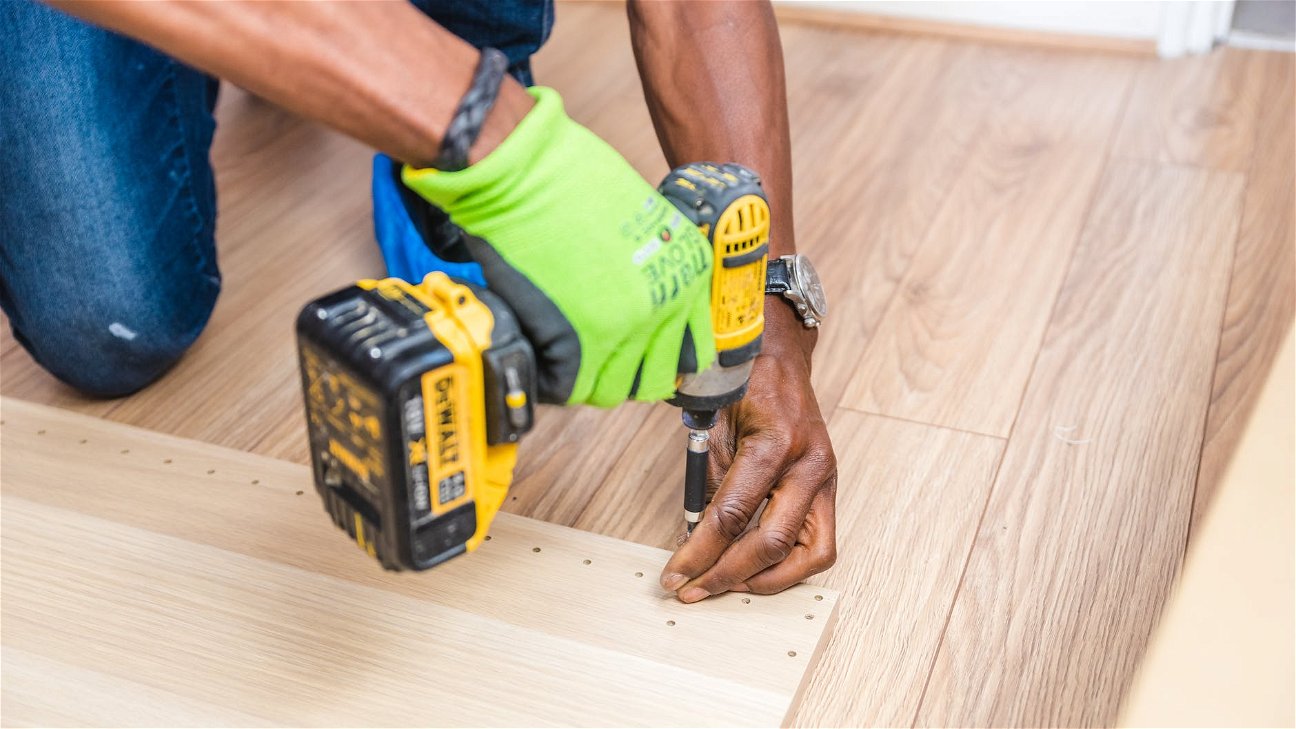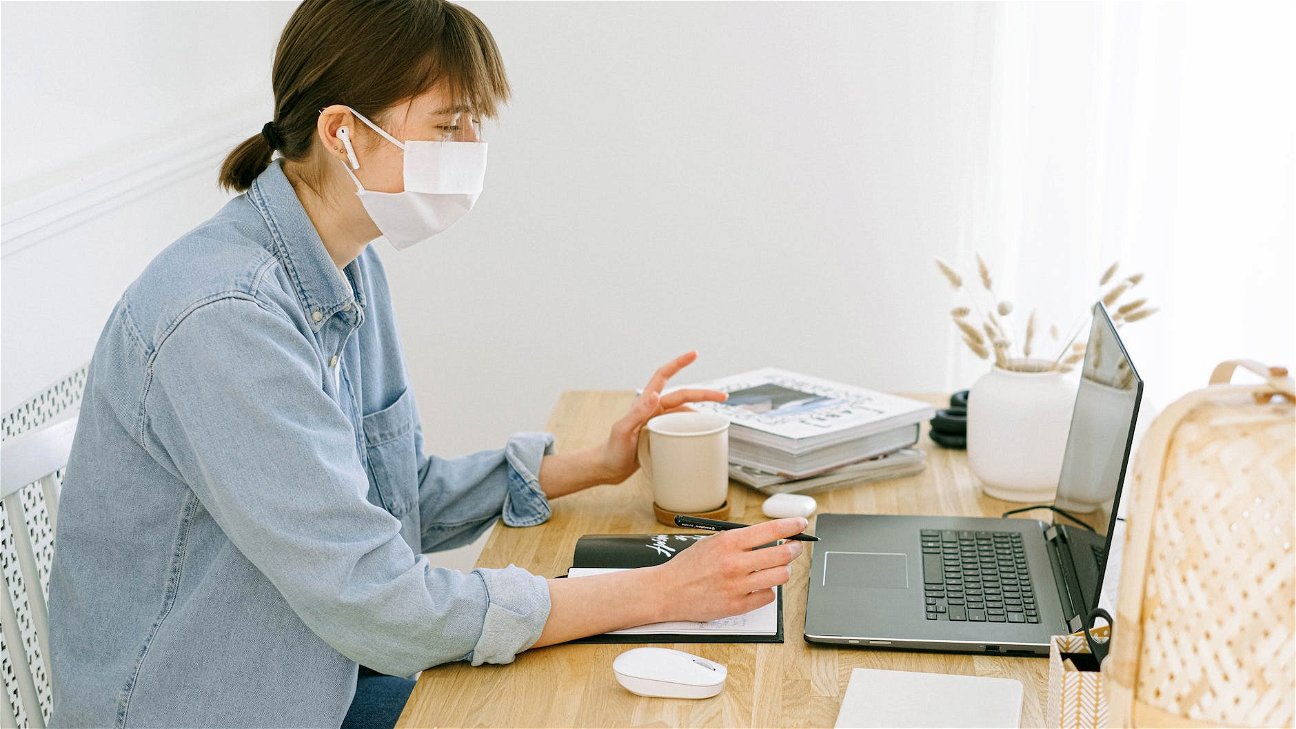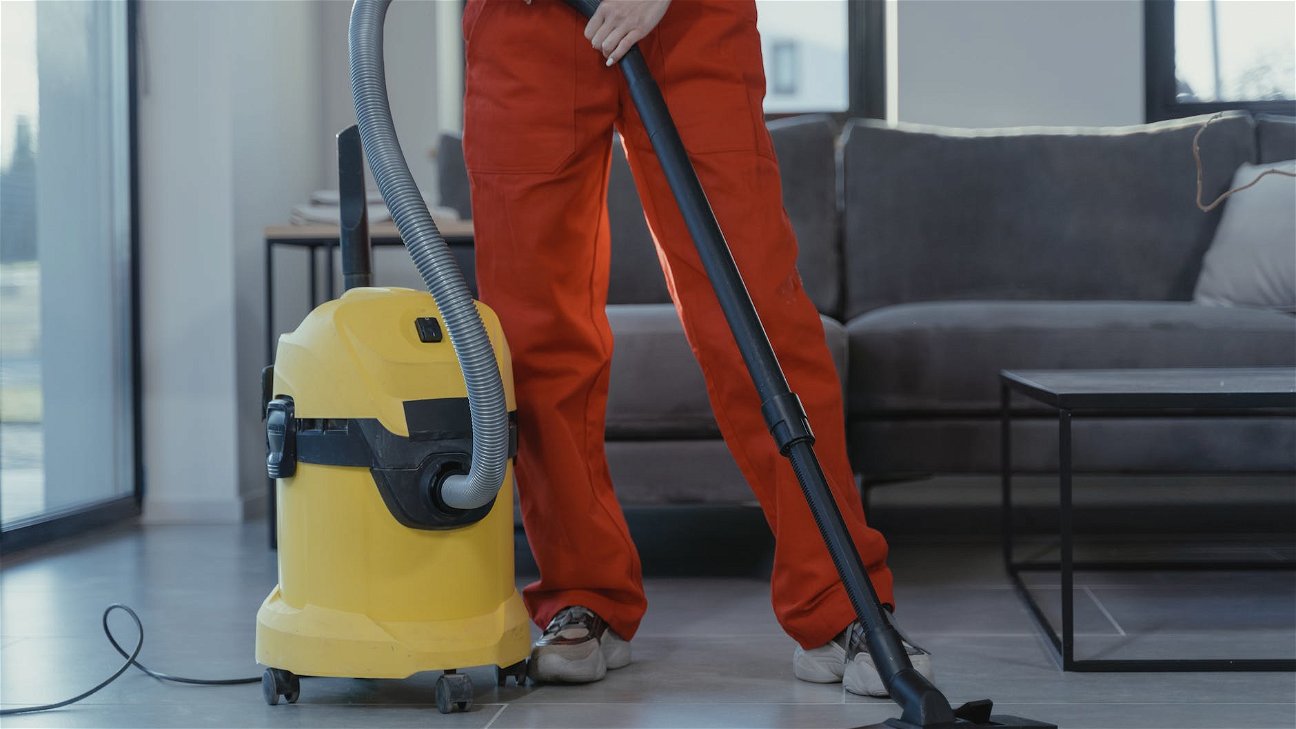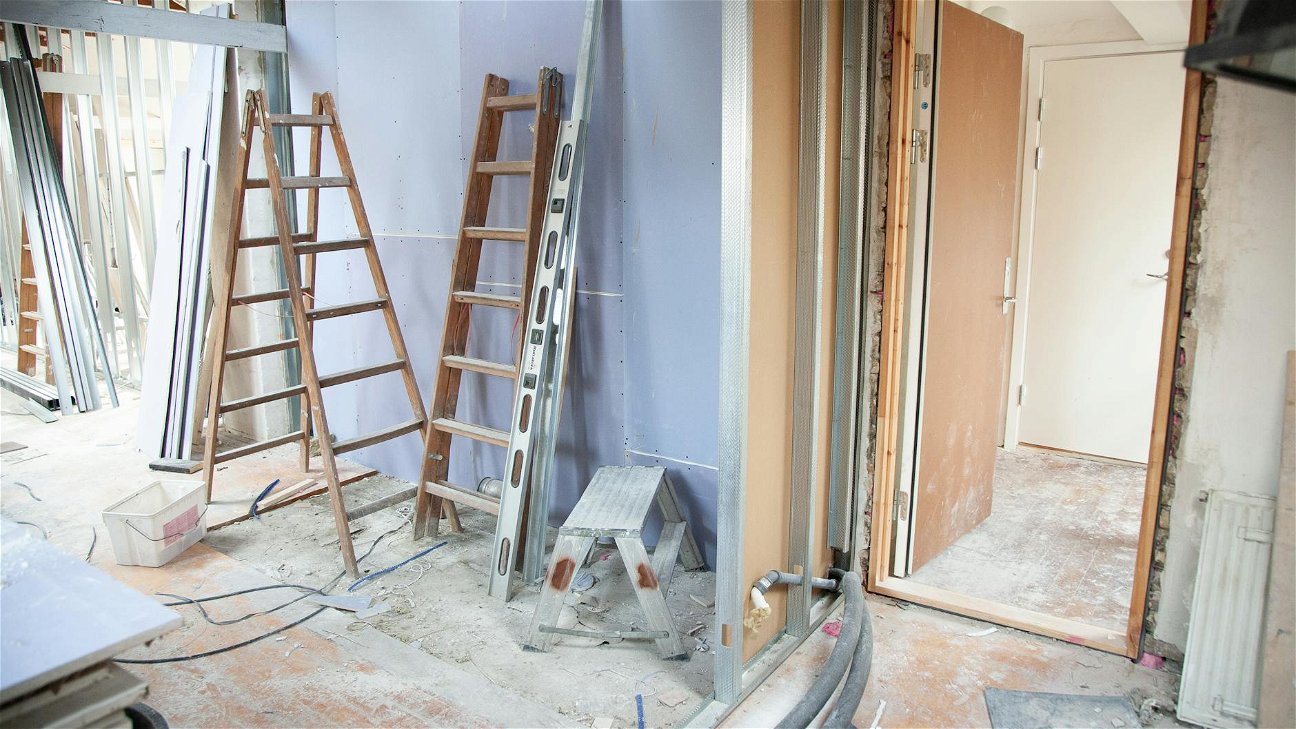
Whether you're a seasoned DIY enthusiast or a beginner eager to start your first project, having a dedicated space to work is essential. A home workshop provides that space. But, setting up a home workshop for DIY projects can be daunting. This guide aims to help you navigate the process smoothly.
Space management for home workshop
First things first, you need to determine where your home workshop will be. It could be the garage, a spare room, or even a garden shed. The space should be well-lit, well-ventilated, and large enough to house your tools and projects.
Here are some space management tips for your home workshop:
-
Maximize vertical space: Use wall-mounted cabinets, pegboards, and shelves to store tools and materials.
-
Keep frequently used tools accessible: Arrange your workspace so that the most commonly used tools are within easy reach.
-
Dedicate areas for specific tasks: For example, a sturdy bench for heavy-duty work, a detailed station for intricate tasks, and a painting and finishing area.
Essential tools for DIY projects
No workshop is complete without tools. Here's a list of the essentials for any DIY project:
-
Hand tools: Hammer, screwdrivers, pliers, wrenches, chisels, and a handsaw
-
Power tools: Drill, circular saw, jigsaw, and a sander
-
Measuring tools: Tape measure, square, and level
-
Safety gear: Safety glasses, ear protection, and work gloves
-
Miscellaneous: Clamps, screws, nails, and adhesives
Workshop safety measures
Safety should never be an afterthought when setting up your home workshop. Here are some safety measures to keep in mind:
-
Keep your workshop clean and organized: A cluttered workspace can lead to accidents.
-
Use tools correctly: Misusing tools can cause injuries. Always use them as they're intended.
-
Wear appropriate safety gear: Always wear safety glasses, ear protection, and work gloves when working.
-
Store hazardous materials properly: Keep paints, solvents, and other hazardous materials in a secure, well-ventilated area.
Setting up a home workshop for DIY projects takes time, effort, and planning, but the result is a space that allows you to pursue your DIY endeavors seamlessly. Remember, the key to a functional, efficient home workshop is good space management, the right tools, and a strong emphasis on safety.











